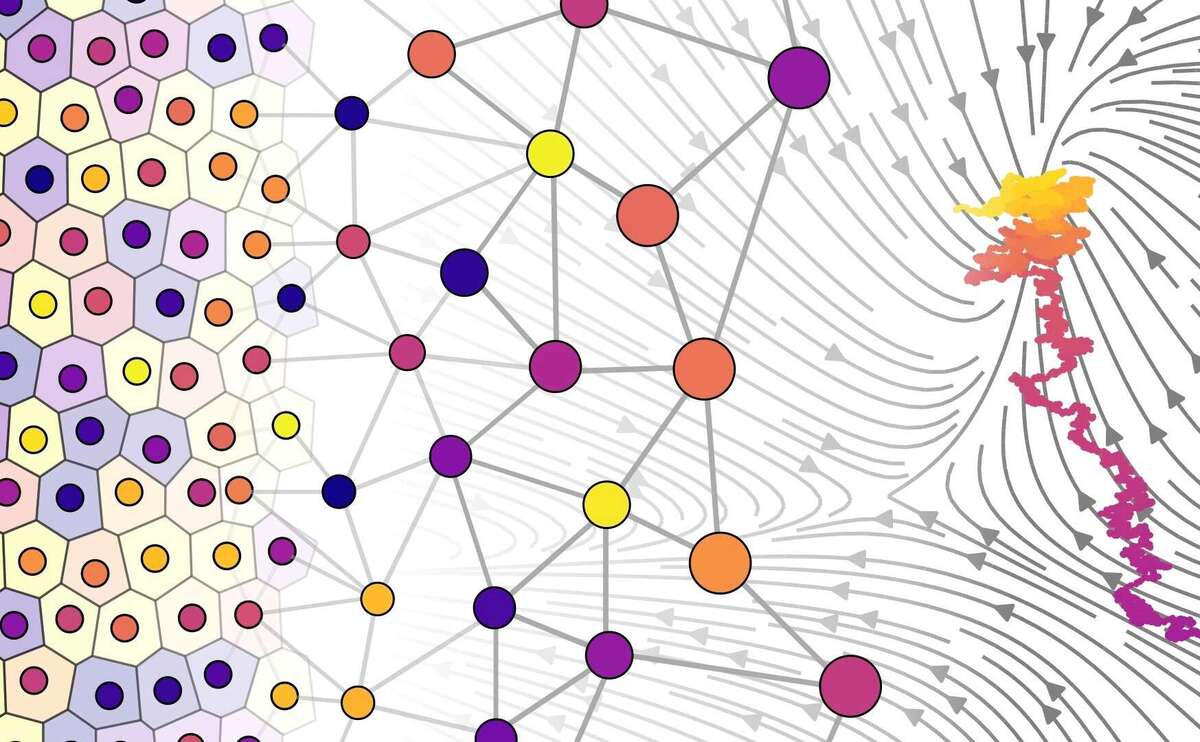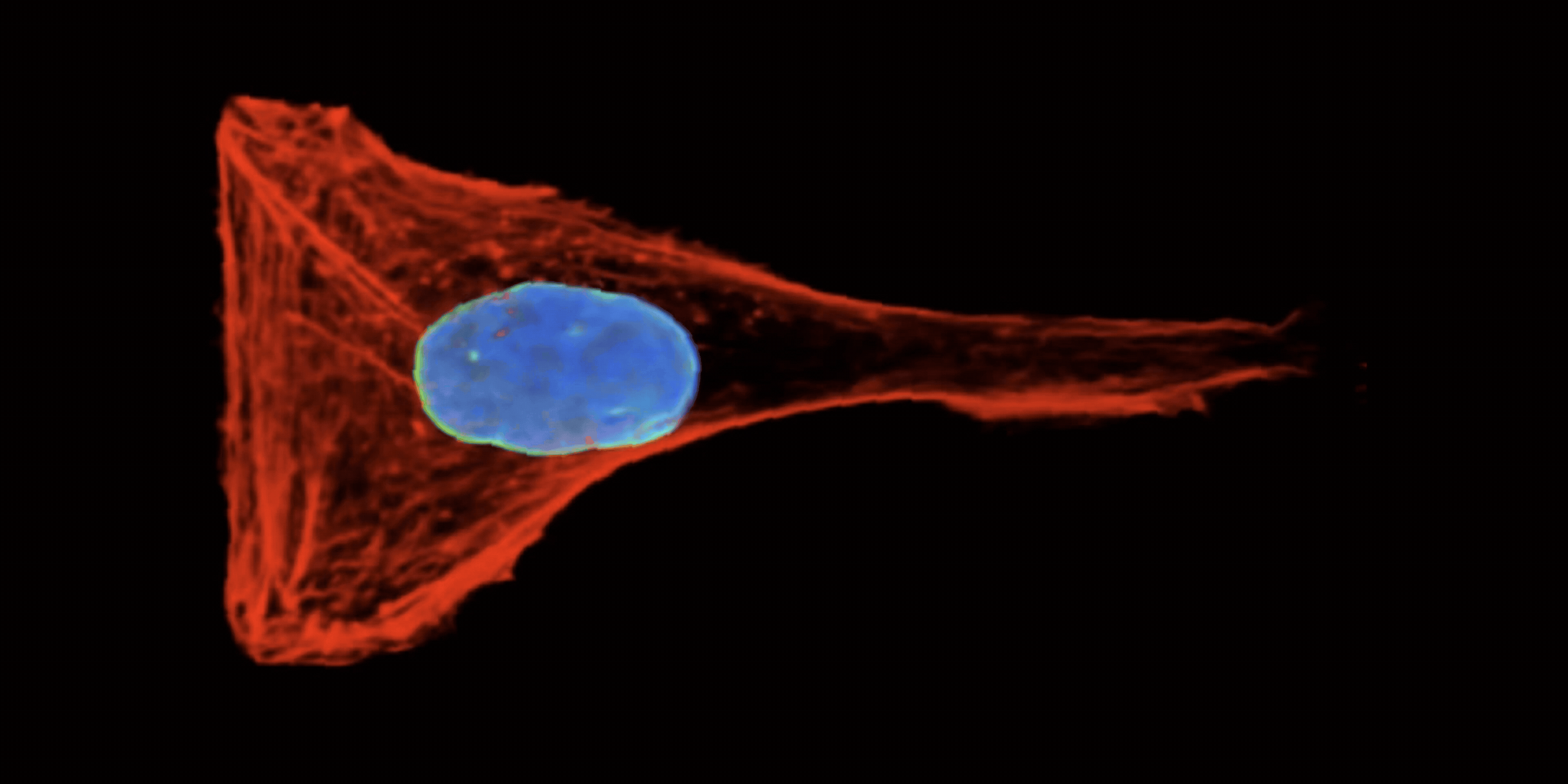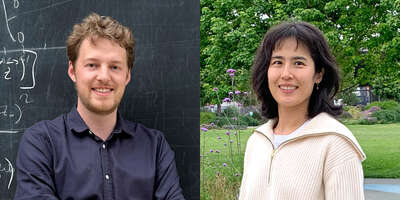Main Content
Theoretical Physics of Living Systems
Our group studies the physics of living systems. We develop theoretical approaches to uncover how interactions of cells and molecules control the behaviour of multicellular systems.
The development of an organism from a single fertilized cell into an embryo is a spectacular display of self-organization. This process is determined by the collective dynamics of cells which interact both mechanically to sculpt tissue shape, and biochemically to exchange signals and pattern tissues.
Stochastic dynamics of multicellular systems
Development occurs in a reproducible manner despite the inevitable presence of stochastic fluctuations at all scales. Yet, how cells obtain information to make reliable decisions on their future fate remains a key open question. Pattern formation fundamentally relies on physical processes, including active tissue mechanics and reaction-diffusion dynamics of biochemical signals. Our goal is to understand how multicellular systems use these physical processes to generate and transmit information in space and time.
Using theoretical physics to understand living systems
To tackle these problems, we use a combination of theoretical approaches firmly grounded in statistical and soft matter physics. We develop biophysical models of cell signaling and mechanics to investigate how tissues self-organize. To gain conceptual insights across systems, we analyze these models using information theory, providing a mechanism- and system-independent language to formalize biological function. Using inference and machine learning approaches, we connect our models to quantitative data sets in close collaboration with experimental labs around the world.
Identifying physical principles across systems
Developmental systems generate a dazzling diversity of shapes and patterns. By building theoretical models of these systems, we aim to uncover general and recurring physical principles applicable across diverse organisms, developmental stages, and length scales. This can advance our understanding of the robustness of developmental mechanisms, how they break in developmental defects, and provide design principles for artificial developmental systems such as organoids.





